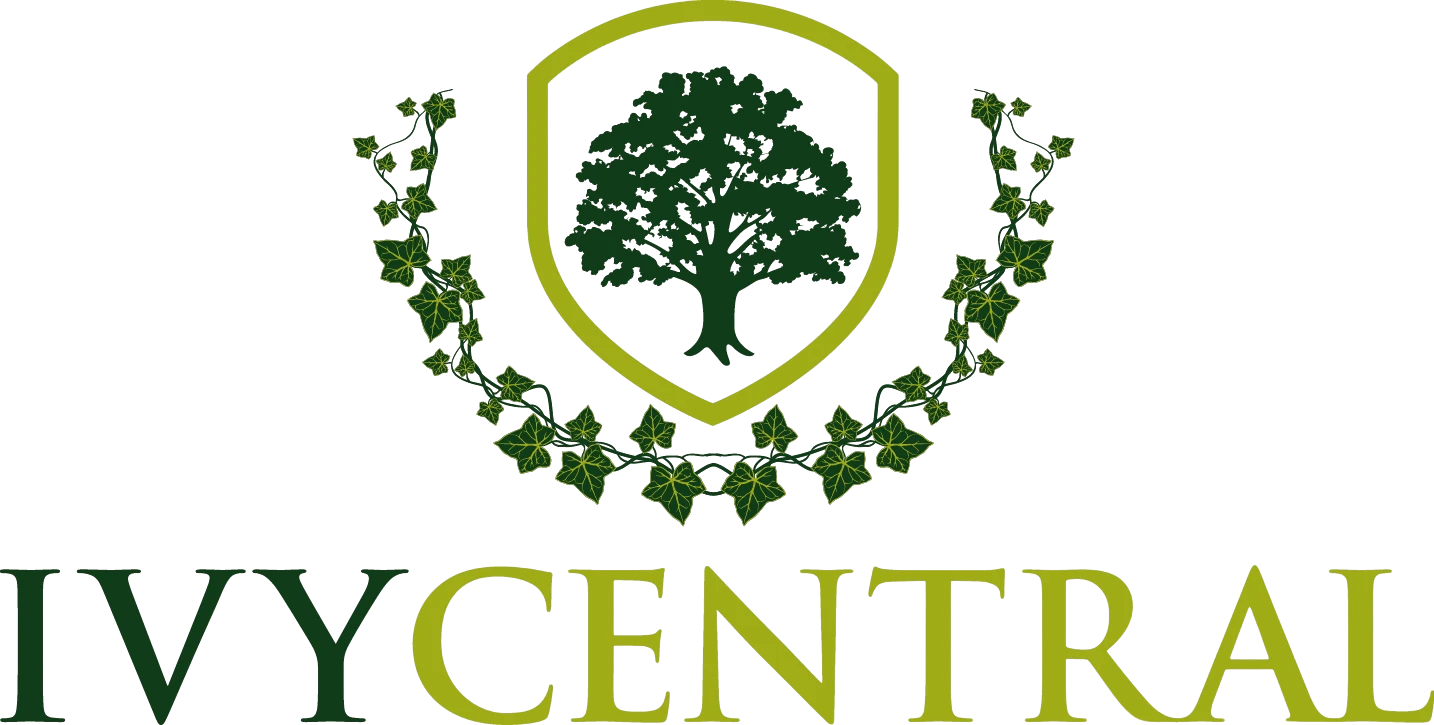Princeton University, renowned for its academic excellence and rigorous admissions process, has recently witnessed significant shifts in its acceptance rates and student demographics. With a growing pool of applicants, the university’s acceptance rate for the most recent admissions cycle stands at a remarkable 4.4%, reflecting the institution’s highly competitive selection process.
Out of a staggering 37,601 applicants, only 1,657 students were offered admission to Princeton University. This low acceptance rate signifies the exceptional caliber of the admitted students and the university’s commitment to assembling a diverse and talented student body.
The admissions process at Princeton University consists of both Early Action and Regular Action rounds. In the Early Action round, 5,335 applicants submitted their applications, of which 743 students were admitted with an acceptance rate of 13.9%. During the Regular Action round, there were 27,469 applicants and only 1,152 students received acceptance offers with an acceptance rate of 4.2%.
Academic excellence is a key criterion for admission to Princeton. The average SAT Math score for admitted students is an impressive 761, with a middle 50% range of 740-800. In the SAT Evidence-Based Reading and Writing (EBRW) section, the average score is 739, with a middle 50% range of 720-770. Furthermore, the average ACT Composite score for admitted students is 34, with a middle 50% range of 33-35.
Read More: Diversity and Inclusion at Dartmouth College
These scores demonstrate that Princeton University is looking for students who are academically gifted and have a strong aptitude for learning. In addition to academic excellence, Princeton University also considers other factors such as extracurricular activities, personal essays, and letters of recommendation when making admissions decisions.
Princeton University takes pride in fostering a balanced and inclusive student community. In the most recent admissions cycle, men constituted 50.3% of the enrolled students, while women accounted for 49.7%, showcasing the university’s commitment to gender equity.
Princeton University’s programs in the social sciences, engineering, and computer and information sciences are popular among admitted students. These disciplines attract a substantial number of students who are eager to engage in cutting-edge research and pursue their passions in these fields.
Princeton University is committed to providing a transformative educational experience for a diverse group of students. The university carefully selects individuals who are intellectually excellent, have leadership potential, and are committed to making a positive impact on society. By doing so, Princeton continues to shape the future of higher education. The decreasing acceptance rate at Princeton University is a testament to the growing competition among applicants and the university’s commitment to maintaining its academic standards. As the admissions landscape continues to evolve, prospective students are encouraged to showcase not only exceptional academic achievements but also a genuine passion for learning, intellectual curiosity, and a desire to contribute meaningfully to their communities.
